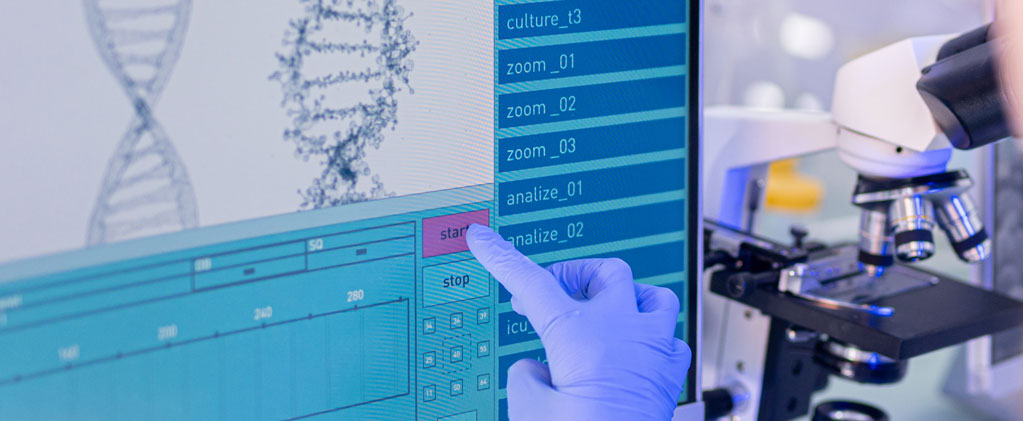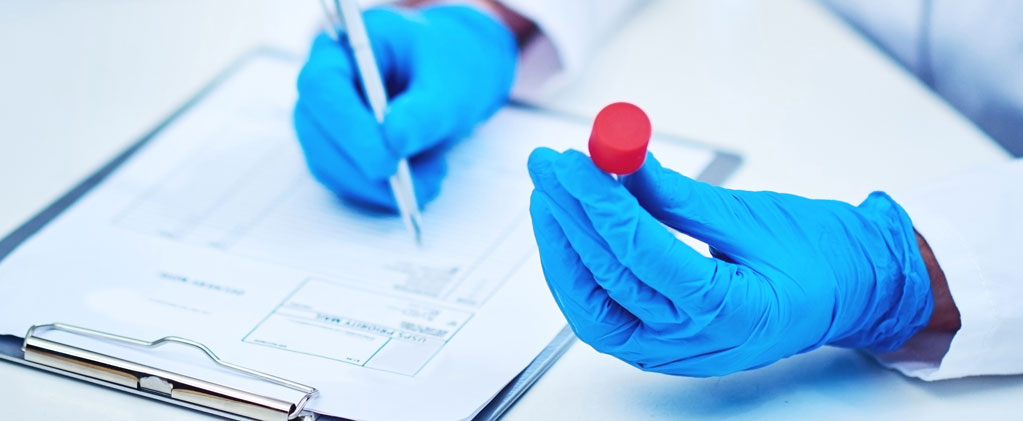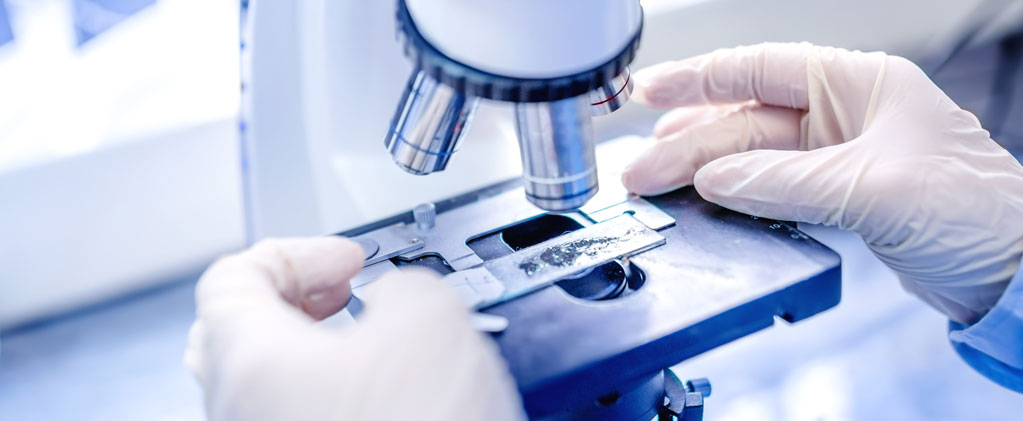TARGET AUDIENCE
Practitioners of forensic genetics – including reporting officers, lawyers, accreditation bodies – having a University degree (at least BSc) or an equivalent degree of a higher education programme
The course is given in English. For exercises, discussions and one-to-one tutorials, French is available as further language.
INTRODUCTION
Given by recognized specialists in the field, this online course brings the essentials of evidence interpretation applied in the administration of justice. It is designed to train practitioners in the most up to date approaches to the evaluation and interpretation of DNA given (sub) source level propositions.
The course content is based on the use of likelihood ratios, an approach that is supported by the International Society of Forensic Genetics, the European Network of Forensic Science Institutes and the Association of Forensic Science Providers.
The course team also offers two other online short courses: Advanced DNA interpretation and Essentials of forensic interpretation. In addition, a Certificate of Advanced Studies (CAS) in Statistics and the Evaluation of Forensic Evidence is proposed to forensic practitioners willing to acquire a comprehensive training.
OBJECTIVES
- To have a theoretical and practical background in probabilistic and statistical reasoning
- To be able to address challenging DNA casework (e.g., low template DNA, mixtures, multiple comparisons)
- To be able to explain one’s reasoning in court and feel at ease with expert debate and the published literature on DNA interpretation
CERTIFICATION
- Certificate of participation
- The course delivers 5 ECTS credits if the candidate passes the written on-line examination that takes place at the end of the course.
Consult the regulations for the award of ECTS credits in the framework of a non-certifying programme (in French) as well as the specific award conditions for the course Essentials of DNA interpretation
PROGRAM
- Introduction to probabilistic inference in forensic science
- Laws of probability
- Hierarchy of propositions and the principles of forensic interpretation
- Analysing basic inference problems with Bayesian Networks (BNs) and BNs softwares
- Essential population genetics
- Assigning conditional probabilities; multiple propositions and statement writing
- Kinship analysis and missing persons
- Solving interpretation challenges with various pedigrees (e.g. half siblings, nephew, children)
- Mixture analysis
- Value of DNA results when there are several contributors, taking into account population substructure and peak heights
- Non autosomal DNA
- Evaluation of Y-STR and mtDNA comparisons
- Choice of topics
- Bayesian Networks: Applications of Bayesian Networks for evaluating DNA profiling results
- How to account for laboratory error and database searching in evaluative reporting
- Optional: answering questions in the courtroom
Instructors
- Dr. Sc. Tacha Hicks
- Professor Alex Biedermann
- Professor Christophe Champod
- Professor Franco Taroni
Consultants
- Prof. Aitken, University of Edinburgh, Scotland
- Dr. Sc. Ian Evett, Principal Forensic Services Ltd., England
The instructors have theoretical and practical experience with evaluation and interpretation from laboratory to courtroom. They have published over the years numerous scholarly papers and textbooks on the subjects of evaluation and statistics in forensic science.
ORGANISATION
PRACTICAL INFORMATION
Dates and schedule
The course lasts 12 months with a workload per week of 4 hours on the online platform. Course breaks and holidays are included to allow flexibility.
Course venue
Online course
Registration
Registrations are closed.
Register on our Stay Informed platform to be alerted as soon as registration opens for the next edition of this course.
Course fee *
CHF 3’500.- **
* based on the price of the last edition
** 10% special discount for all participants who take a second course given by the committee
ALUMNI TESTIMONIALS
« I found the course to be an excellent extension of my knowledge and allowed me to challenge my approach to casework by examining different methodologies and tease out the basis for their use. I have been able to use what I have learned both myself, in assisting other staff at my organisation and in teaching. I had reservations about the online environment but my contact with the teaching team was excellent. They had a thorough understanding of current practise and the pressures that go along with it. I would recommend this course to any practitioner who wished to extend their knowledge beyond just being able to do forensic DNA analysis to being able to understand forensic DNA analysis. » Damien Abarno, DNA Database Program Manager, Forensic Science SA
« I have very fond memories of my time on the Essentials of DNA Interpretation course. It was a very important milestone in the development of my DNA Interpretation expertise and it has helped me to obtain career development opportunities. For example, I am currently responsible for the introduction of new DNA Interpretation software at our organisation. The course material and teachers were excellent. » Alan Magee, Forensic Science Ireland
« The Essentials of DNA interpretation course gives an excellent grounding in the fundamentals of DNA interpretation, covering areas which include probabilistic and statistical reasoning, population genetics, mixture analysis, low template DNA, Mt DNA, ySTR, familial and database searching as well as real case studies highlighting issues encountered in court. The course is interactive and is delivered by recognized experts in the area who were very accessible throughout. I would recommend this course to practitioners in the area as a means of updating their knowledge in evaluation and interpretation of DNA evidence. »
Yvonne O’Dowd, Forensic Science Ireland



